The Netherlands is likely to face a close election, with supporters of nationalist Geert Wilders defeated by the centrist D66 party led by 38-year-old Rob Jetten.
Local news agency ANP said its calculations showed Wilders’ far-right Freedom Party (PVV) could no longer close the gap, despite D66 holding a razor-thin majority of about 15,000 votes.
“I am very happy that…we have become the largest party in this election,” Jetten told reporters. “A historic result for D66. At the same time, I feel a great responsibility.”
Later on Friday, Wilders made unfounded claims of voting irregularities.
What do the Dutch election results mean?
Jetten is now on track to become the Netherlands’ youngest prime minister, according to ANP data that compiles results from municipalities across the country.
The result marks a dramatic resurgence for the pro-European, socially liberal party D66, which had campaigned on climate policy, affordable housing and restoring trust in institutions.
With about 18% of the vote, the party is projected to have a clear plurality in the 150-seat lower house, but will need at least three allies to form a majority coalition.
Jettens is expected to take the lead in coalition talks, a process that typically takes months in the Netherlands’ fragmented political landscape.
How did the Dutch political parties fare?
D66 has almost tripled its number of seats compared to the last election, boosted by an energetic campaign and increased advertising spending. Meanwhile, Wilders’ PVV lost the momentum that propelled him to a surprise victory in 2023, despite a late surge in the count that briefly hinted at another upset.
Jetten said, “I think we have now shown the rest of Europe and the world that it is possible to defeat populist movements if you campaign with a positive message for your country.”
All major centrist and leftist parties had refused to enter into a coalition with Wilders, citing his staunch anti-immigration stance and previous calls to ban the Quran. Wilders said he would still seek the first opportunity to form a coalition if his party won the most votes.
Final confirmation of the result is expected on Monday, when mail ballots from Dutch citizens living abroad will be counted.
Why was the Netherlands voting now?
Wilders opened the election by withdrawing the PVV from a fragile four-party government following a dispute over immigration quotas and family reunification rules, a move that broke the coalition and forced an early vote.
Their performance in the EU’s fifth-largest economy will be seen as a measure of how far-right parties are reshaping European politics, with nationalist movements also topping the polls in France, Germany and Britain.
Edited by Shawn Sinico
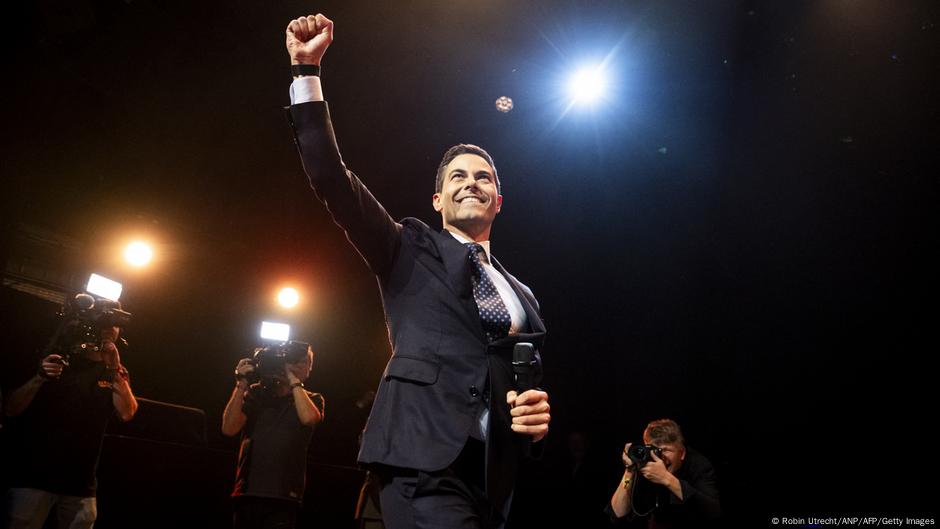

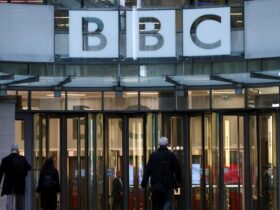
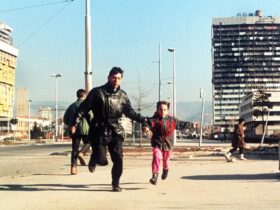
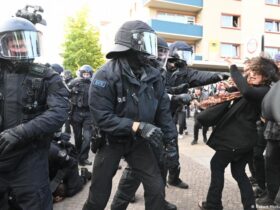
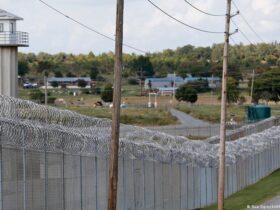
Leave a Reply